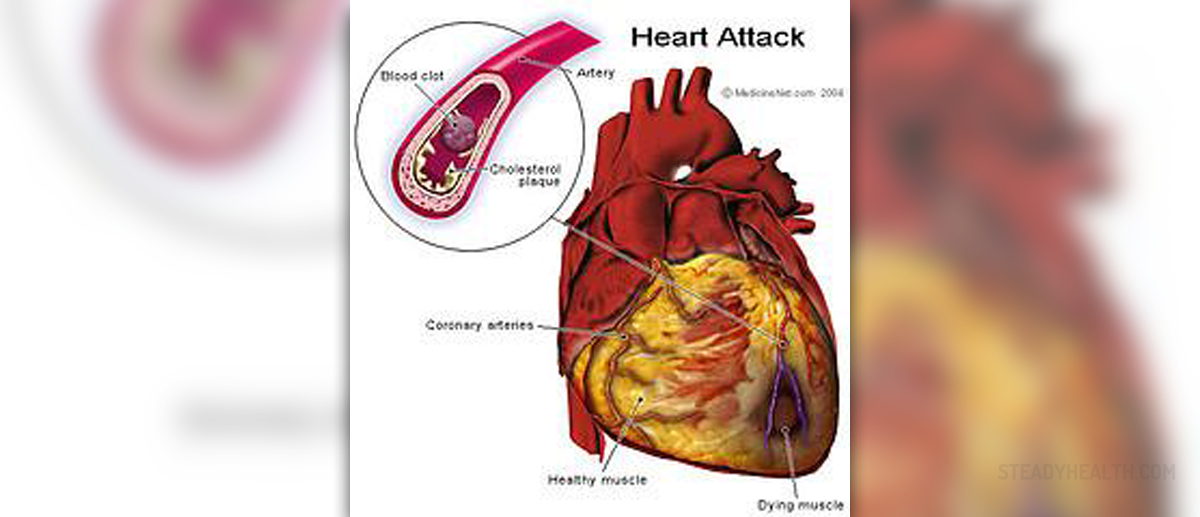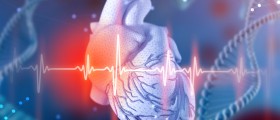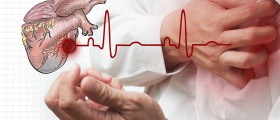
Patients suffering from heart attack do not have to experience any symptoms whatsoever. Many of them could end up with lethal consequences without any warning sign. These conditions are known as silent heart attacks and they are very hard to detect.
How to Diagnose Silent Heart Attack?
Doctors usually need to study medical history of a particular patient, perform an electrocardiogram (ECG) and test patient’s blood for cardiac enzymes in order to detect this type of heart attack. They could also test the blood for some hormones or perform some stress tests. However, these tests are often used after the heart attack when the damage to the heart is already done.
Prompt treatment after heart attack is extremely important for survival and proper recovery of every patient. According to the statistics, these silent heart attacks usually affect people who already had a heart attack, patients exposed to high risk of stroke, diabetics and all people over 65 years of age, especially those using medications on a regular basis. There are also two times more patients dying from silent heart attacks (without any symptoms) than those with chest pains due to myocardial infarction (MI).
Symptoms and Treatment for Silent Heart Attacks
Most of silent heart attacks do not provoke any symptoms, meaning that almost 30% of these patients do not visit their doctors complaining about some problems. Compared to standard MI, there are no apparent signs, but certain chest discomfort or problems with the jaws or arms might be present. Patients usually take some rest and these symptoms go away, so they do not think about them anymore. Besides these signs, silent MI can also lead to nausea, tiredness and sweating. Cold sweats are frequently seen in these patients, as well as shortness of breath and dizziness in some cases.
Women are found to be more likely to experience silent heart attacks than men. Female diabetics, older than 65 years of age are a risk group often diagnosed with silent MI, without any chest pain but only slight discomfort. These women may feel tired very easily and have certain breathing difficulties, while many of them experience unusual feeling of approaching doom. Pain between the shoulder blades and back pain may also indicate silent heart attack in women, while men mostly experience jaw and chest pain, nausea, vomiting and shortness of breath.
Patients feeling like they are having silent or usual heart attack could benefit from taking an Aspirin (non-acetaminophen kind of Aspirin), since this drug can prevent some potential heart damage. Restoring blood flow to the heart after silent MI is also one of the most important treatments for this condition.
- www.nhs.uk/conditions/heart-attack/
- www.cdc.gov/heartdisease/heart_attack.htm
- Photo courtesy of ravindra gandhi by Flickr: www.flickr.com/photos/15086664@N00/395241000/

















Your thoughts on this
Loading...